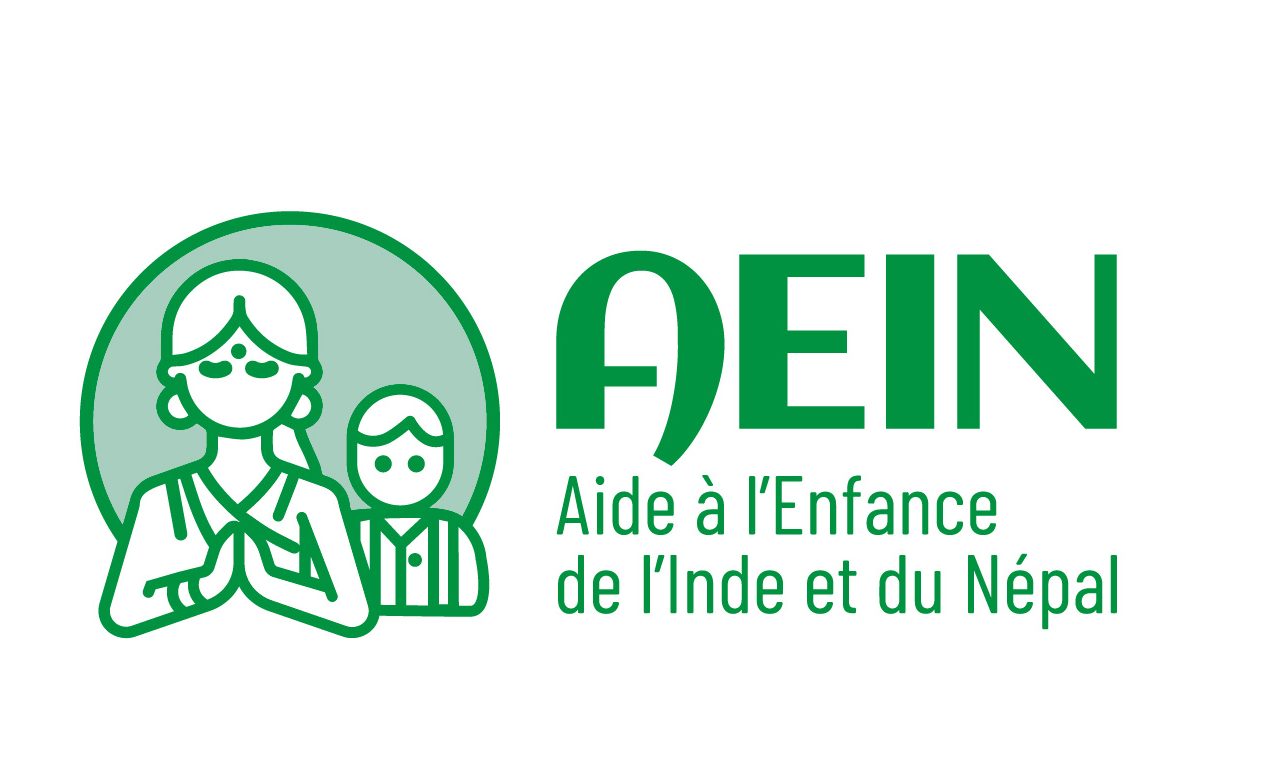Food distribution to fight against hunger in Pandemic
Long before the Covid-19 pandemic swept into her village in Musikot municipality of Rukum district, forty-nine-years old Bina (name changed) knew the gnawing fear of hunger. Hunger has been omnipresent throughout her life, as she struggled to provide food for her three daughters.
After the demise of her husband six years ago, Bina became the sole provider of the household. As a daily wage worker, Bina earned less than 1 dollar a day, which was far from enough to make ends meet. However, when WOREC and AEIN provided her livelihood support to start goat farming one year ago, Bina had finally hoped to see some improvement in her financial condition.
But when the second wave of Covid-19 hit the country, taking the lives of her neighbors and closing down the market, Bina found herself without work, income, or savings. By the second week of the prohibitory order issued by the government on April 29, Bina had nothing to feed her daughters.
“Pandemic took away my job as a domestic worker, and I couldn’t even start my goat farming business. Some days, I asked my neighbors to borrow some food. But on many occasions, we have slept empty stomach. It pains me to see my daughters crying in hunger, but there was nothing that I could do,” said Bina. “There are many families like ours who are struggling to put food on the table amid the pandemic.”
Like Bina, many daily wage workers engaged in the informal sector face the brunt of the economic disruption caused by the Covid-19 pandemic. Shuttering businesses and job losses caused by the Covid-19 have made it hard for many families in marginalized communities to get enough to eat.
Responding to the rising humanitarian crisis brought about by the pandemic, WOREC with the financial support of AEIN began providing relief distribution, including food items to support single women, GBV survivors, female conflict survivors, pregnant women, lactating mothers and women with a disability, who have been hit hardest by the pandemic in different districts.

In June, WOREC distributed relief packages to 300 women in three municipalities of the Rukum district as a part of the relief program. Bina was one of the recipients of relief packages.
“When I got to know about the relief program in my municipality, I rushed to the place where distribution was going on. My happiness knew no bounds when I got the rice package,” said Bina.
Her stomach rumbled with hunger as Bina headed towards her home carrying the relief package. Bina said she was glad to know that her children didn’t have to go to bed empty stomach for days to come.

“As soon as I reached home, I went straight to the kitchen to cook rice that I received in relief package. My daughters hadn’t had anything the day earlier. I was happy to be able to feed them full stomach after a long time,” said Bina.
The relief package contained food items such as rice, pulses, oil and salt. Along with that, the package also included dignity kits consisting of a sanitary pad, innerwear, towel, toothbrush, toothpaste, shampoo, detergent, soap, lotion, nail cutter, and comb.

Sixty-Five-year-old Harikala of Malangwa Municipality of Sarlahi district was also in a similar situation as Bina’s. Harikala, along with her daughter-in-law and son, worked as laborers to support the family of eight. However, after the pandemic took away their daily wage works, Harikala’s family had resorted to eating one meal a day.
In such a situation, WOREC, in coordination with municipalities, provided food and safety materials to Harikala, including other 201 households in Sarhali, Mahottari, and Dhanusha districts in July.
After receiving food items, there was a sigh of relief on Harikala’s face. “Now, I have enough food to feed my family for the next 20 days, and my small grandchildren don’t have to skip their meal in the coming days,” said Harikala.
Under the relief distributed program, WOREC has provided relief packages including food items and hygiene materials to around 900 households in different parts of the country during the prohibitory period in coordination with civil societies and local government.





